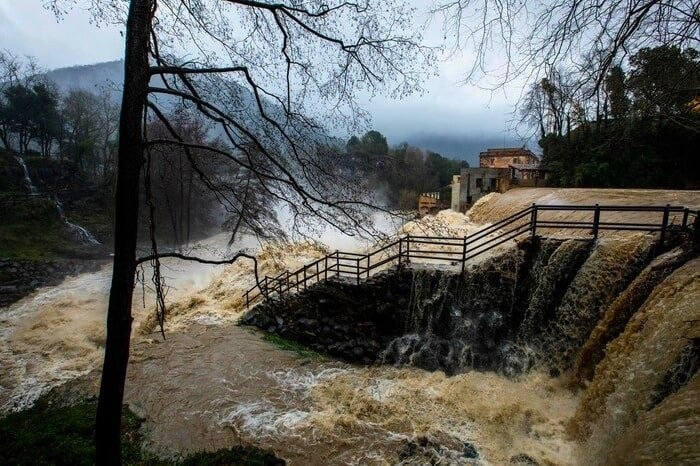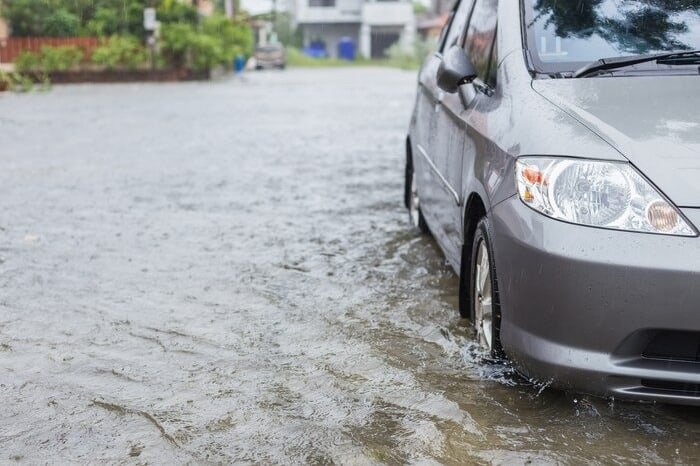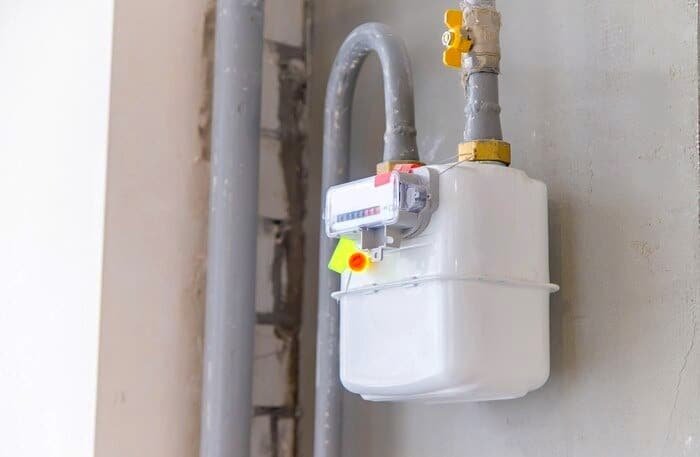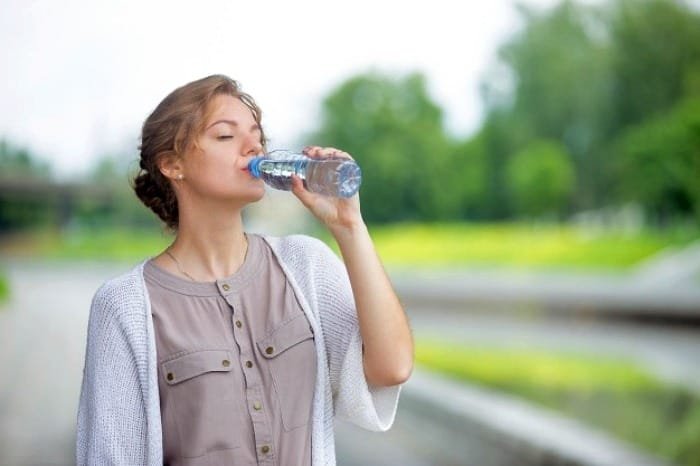Safety Tips During Floods
Floods are natural disasters that occur more frequently these days due to heavy rainfall, causing significant financial and human losses. Following safety tips during a flood can greatly reduce its destructive impacts. In this section fromSelMagzwe will guide you on what to do during a flood and even before it to protect your life.
What Should We Do Before a Flood?
- Do not ignore flood warnings announced in the media.
- Get the necessary information and awareness from media outlets and communication tools.
- Store clean water for use during a flood.
- Always keep a Red Crescent emergency kit ready at home.
- Place important documents in a safe box.
- If you receive a warning, evacuate your home.
- Keep some gasoline in your vehicle.
- Contact your local Red Crescent center and familiarize yourself with flood-prone areas.
- Install the electrical panel in upper floors of the building.
- Insure your family and belongings against floods.
- Avoid wandering near rivers and flood-prone areas.
- Do not set up tents or stop your vehicle in flood-prone areas and along river routes.
- Check for safe places and areas around you.

What Should We Do During a Flood?
If you face a flood, take the following actions:
Pay Attention to Warnings
Pay attention to pre-flood warnings, and if evacuation is ordered, do so as quickly as possible. Leave the area promptly or take refuge in higher ground.
Avoid Moving Water
The flood current can easily throw a person off balance and cause drowning, so stay away from moving water during and after a flood. Keep away from seemingly calm streams.
Leave Vehicles
Floods can move and overturn vehicles, making them unsafe during a flood, so leave your vehicle.

Take Shelter in Higher Ground
If the flood surrounds your vehicle, abandon it and seek safety by moving to higher ground.
Use Main Routes for Travel
Be aware of road and bridge conditions during a flood, travel on main routes, and avoid going off-road or crossing flooded bridges. Drive carefully and watch for damages and slopes on the road. Brakes may not work well in water, so use low gears while driving.
Avoid Weak Structures
If you are outside a building (residential or commercial), stay calm and avoid approaching places that may collapse.
Shut Off Electricity, Water, and Gas
If you must evacuate your home or if you have to stay in the building, shut off the electricity, water, and gas in both cases.

Seek Shelter in the Highest Point of the Building
If your home is surrounded by flooding, go to the highest point of the building. Be careful and evacuate quickly if flooding is announced, but if your home is on high ground, stay there.
Proceed with Caution in Flooded Areas
Walk carefully and cautiously in flooded areas, using a stick or cane for balance. Wear high boots and long-sleeved clothing as many insects and animals like snakes may flee their habitats due to flooding.
Do Not Touch Fallen Power Lines
During and after a flood, never touch fallen power lines and immediately report the situation to the electricity office or rescue centers like the fire department.
Drink Clean Water
During and after a flood, only drink water from sealed bottles and boiled and disinfected water.

Avoid Contact with Contaminated Water
After a flood, limit contact with flood-contaminated water, and throw away all medicines, hygienic items, andfood itemsthat have been in contact with contaminated water.







